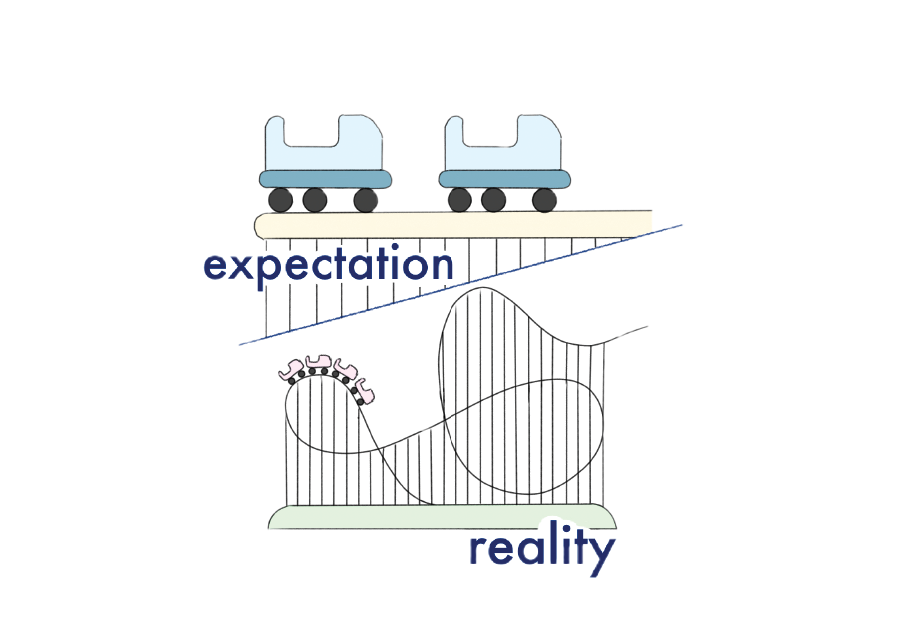On Black Friday, thousands of American shoppers head to their local mall or now, more commonly to their laptop, to find the best deals possible at their favorite stores.
However, despite frequent pop culture depictions of shoppers fighting over technology, clothes, and other consumer goods, statistics show that Black Friday retail sales have dropped consistently since 2012, while Cyber Monday sales have risen. This rise in online sales is not enough to offset the decline of post-Thanksgiving in-store purchases. According to The New York Times, Black Friday sales combined with Cyber Monday sales reached $60 billion in 2012 but decreased to a little over $50 billion by 2014.
In an interview with the National Public Radio, Elizabeth Currid-Halkett, an economic geographer at the University of Southern California, asserted that as a society, America is becoming less materialistic, and this cultural shift may play a part in the decline of Black Friday sales. According to her research, even the top 1 percent had a decline in their material spending.
There are many examples of a shift to minimalism, such as the quick rise of Marie Kondo’s method and the popularity of moving into ‘tiny homes’ or similar unconventional homes in an effort to downsize. This cultural shift is demonstrated through the data of decreasing consumer activity, but also in the actions of businesses themselves.
The most well-known example is outdoor gear and clothing retailer REI, who first closed its stores on Black Friday in 2015, and has continued to do so since. The campaign, under the hashtag #OptOutside, is meant to encourage sustainable living, engagement with nature and a move away from consumerism.
The day has now turned into a ‘movement’, according to REI, and this year the retailer is introducing cleanups open to the public in different cities and has announced their goal to be a zero-waste company by 2020. The company additionally pays its over 13,000 employees to spend time outside on Black Friday, or get involved in a cleanup. As someone who usually uses Black Friday to search for the best sales, but a frequent victim of buyer’s remorse, I think this is a great idea for such a company, especially one whose mission is to promote outdoor activity.
In addition to REI, some activist groups, including Occupy New Hampshire, plan on protesting in front of large chains such as Walmart this Black Friday to bring awareness of consumerism and poor working conditions for employees. However, these protest groups are not extremely common and are often locally based.
Despite decreasing sales during the Black Friday weekend, overall yearly retail sales have risen, and Americans are still spending more money as consumers each year, as overall yearly sales have risen by 4 percent from 2013 to 2014. However, these sales are often moving towards spending on experiences instead of goods that are traditionally on sale on Black Friday, such as home appliances, televisions and electronics.
According to The New York Times, “Spending on autos, home furnishings, sports and hobbies, and eating outgrew much faster than spending on clothing, accessories or electronics” in the past few years in the United States market.
Despite some studies showing a decrease in sales from 2010 to 2015, more recently sales have increased dramatically. In fact, Adobe Analytics reported that as of 8 p.m. Eastern, consumers had spent about $4.1 billion on Black Friday alone, a 23 percent increase from 2017.
In the end, the data most often show a decrease in specifically Black Friday sales but a steady increase in overall consumer spending in the U.S. each year, meaning fears for retailers may not be as warranted as previously believed. I realize that Black Friday shopping can be a fun experience for friends and family to do together, and the sales can make holiday shopping possible for some families that may not be able to at full price. However, I ultimately think that Black Friday sales generally fosters unnecessary consumerism and is not a very meaningful tradition.
Story by Niamh McKinney
Photo provided by Flickr













